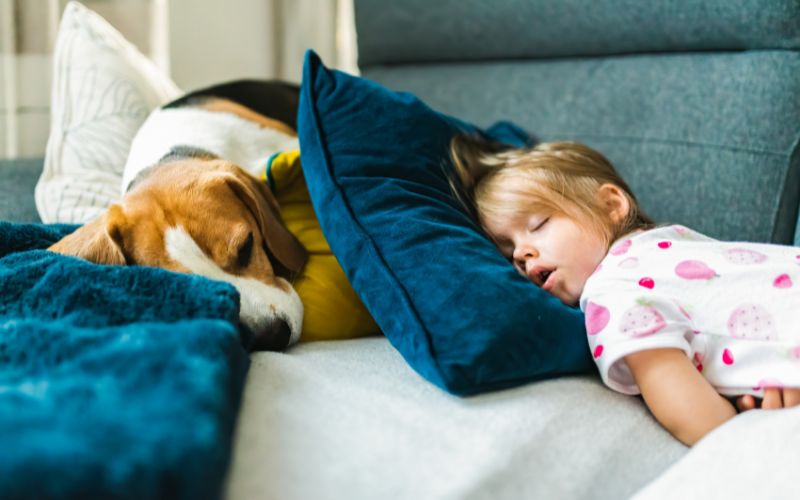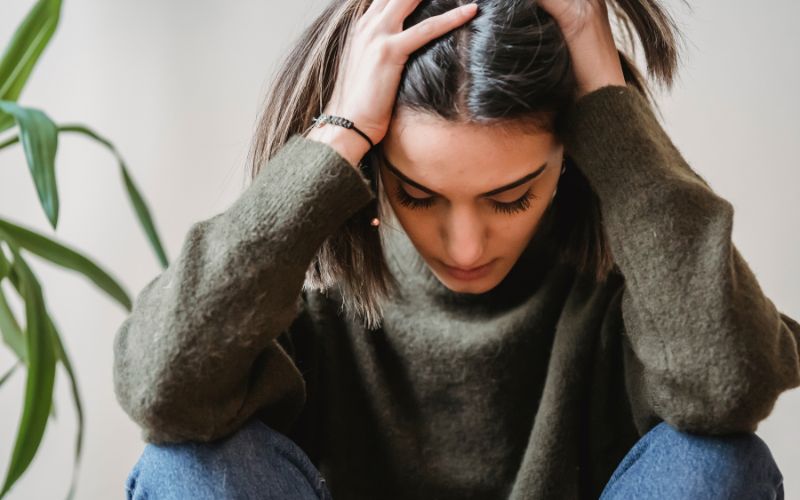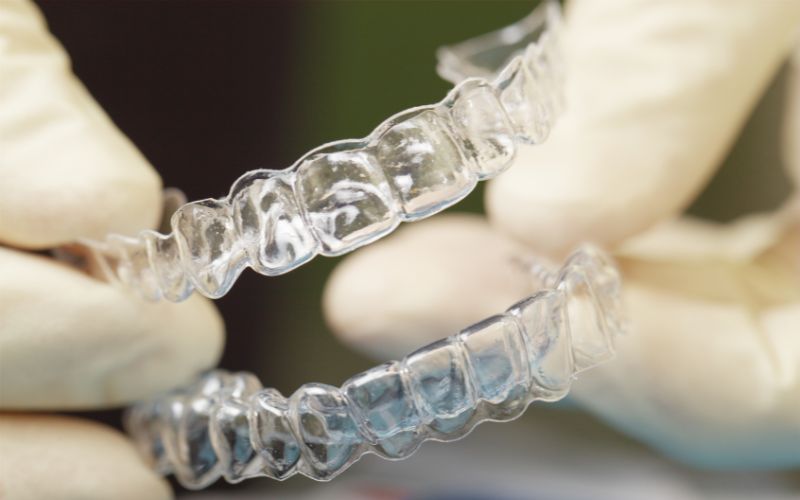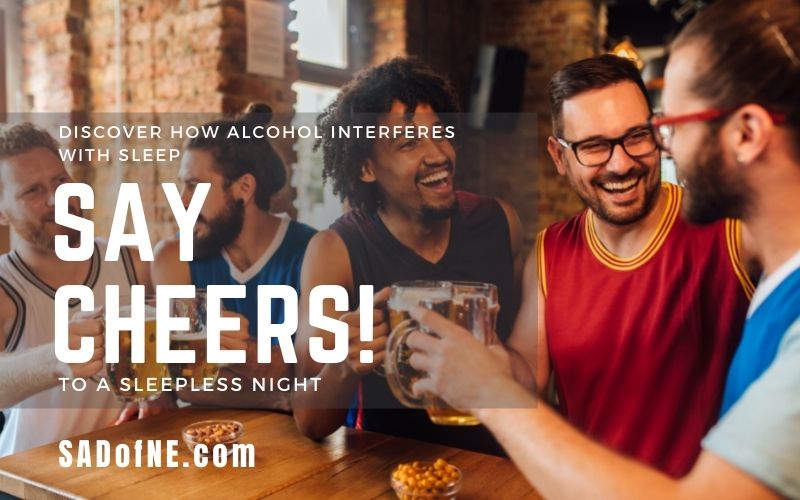Night owls may die earlier because they tend to drink and smoke more, study suggests.
The heightened mortality of “night owls” compared with “early birds” may come down to heavier smoking and higher alcohol consumption among night owls, a large study of people in Finland suggests.
Night owls have a higher risk of death than early birds, but that might come down to the overall amount of alcohol and cigarettes they use. (Image credit: FreshSplash via Getty Images)
Night owls’ tendency to smoke more cigarettes and drink more alcohol than early birds could explain why evening people have a higher risk of early death than early risers do, a large analysis suggests.

“This can reassure people concerned about what being a morning or evening person means for their life expectancy and health,” study co-author Jaakko Kaprio, a professor of genetic epidemiology at the University of Helsinki in Finland, told Live Science. “It’s not about the chronotype [being a morning or evening person] itself that is dangerous, but it is the associated lifestyle factors.”
Other scientists previously found elevated mortality rates among night owls compared with morning people, but these past analyses didn’t account for differences in participants’ alcohol consumption or smoking quantity, making it difficult to tell whether being an evening person directly increases mortality risk.
Now, Kaprio and his colleagues have analyzed health and lifestyle data from more than 23,000 people living in Finland to tease out whether being a night owl directly affects the risk of dying within the next few decades. The findings were published Friday (June 16) in the journal Chronobiology International.
Related: Life really is harder for night owls. Here’s why.
In a survey carried out in 1981, participants — who were 41 years old at the time, on average — self-reported their smoking and drinking habits. On a questionnaire, they also stated whether they were “clearly a morning person,” “to some extent a morning person,” “clearly an evening person” or “to some extent an evening person.”
Overall, more than 8,700 participants died during the 37-year follow-up period, which ended in 2018. By analyzing participants’ health records collected in that time, the researchers found that participants who initially said they were “clearly” evening people had a 21% higher risk of death from any cause compared with those who were “clearly” morning people.
This initial analysis only adjusted for participants’ ages and sex, but the scientists then ran a second analysis that accounted for additional factors that could affect people’s mortality risk, such as body mass index (BMI), self-reported sleep duration, educational level, rates of chronic diseases, alcohol consumption and smoking status and quantity. After the researchers controlled for these additional factors, the night owls’ overall excess mortality risk dropped to just 9%.
Why did night owls’ risk fall by more than half? The team found that most of their raised mortality risk was attributable to higher alcohol consumption and heavier smoking among evening people than in morning people. Supporting this idea, they found that mortality rates did not differ between evening and morning people who were light drinkers that never smoked.
RELATED STORIES
—Irregular sleep may increase your risk of dying from cancer and heart disease
—Quitting smoking by age 35 brings your risk of death in line with ‘never smokers’
—What’s the deadliest month of the year?

What’s more, an analysis that accounted for differences in age and sex found that rates of death due to alcohol-related diseases and accidental alcohol poisoning were 92% higher among “clearly” evening people compared with “clearly” morning people. And deaths due to lung and airway cancers, made more likely by smoking, were 78% higher among night owls. Both of these risks fell “substantially” when other lifestyle factors, including alcohol and smoking habits, were considered. These findings further support the idea that smoking and drinking, not staying up late, raise night owls’ risk of death, the authors concluded.
The remaining 9% increase in mortality rate among evening people is unlikely to be directly due to their late bedtimes, Kaprio said.
“We measured people’s chronotype and alcohol consumption at one time using one question, which means we don’t account for how things might have changed years later,” he said. “If we measured alcohol and drinking habits perfectly throughout the study period, I think the raised risk may be much less or absent.”
Kristen Knutson, a professor of neurology at Northwestern University who was not involved in the study, agreed that the remaining 9% risk isn’t necessarily linked to chronotype.The risk could be related to yet-unknown “unmeasured environmental or behavioral factors, rather than an inherent risk associated with a later internal clock,” she told Live Science.
It remains unclear why being an evening person is linked to heavier smoking and drinking, Kaprio said. Beyond potential differences in the social activities of evening and morning people, “one explanation would be that there are genes that predispose you to both being an evening person and also to drinking more alcohol,” he said.





